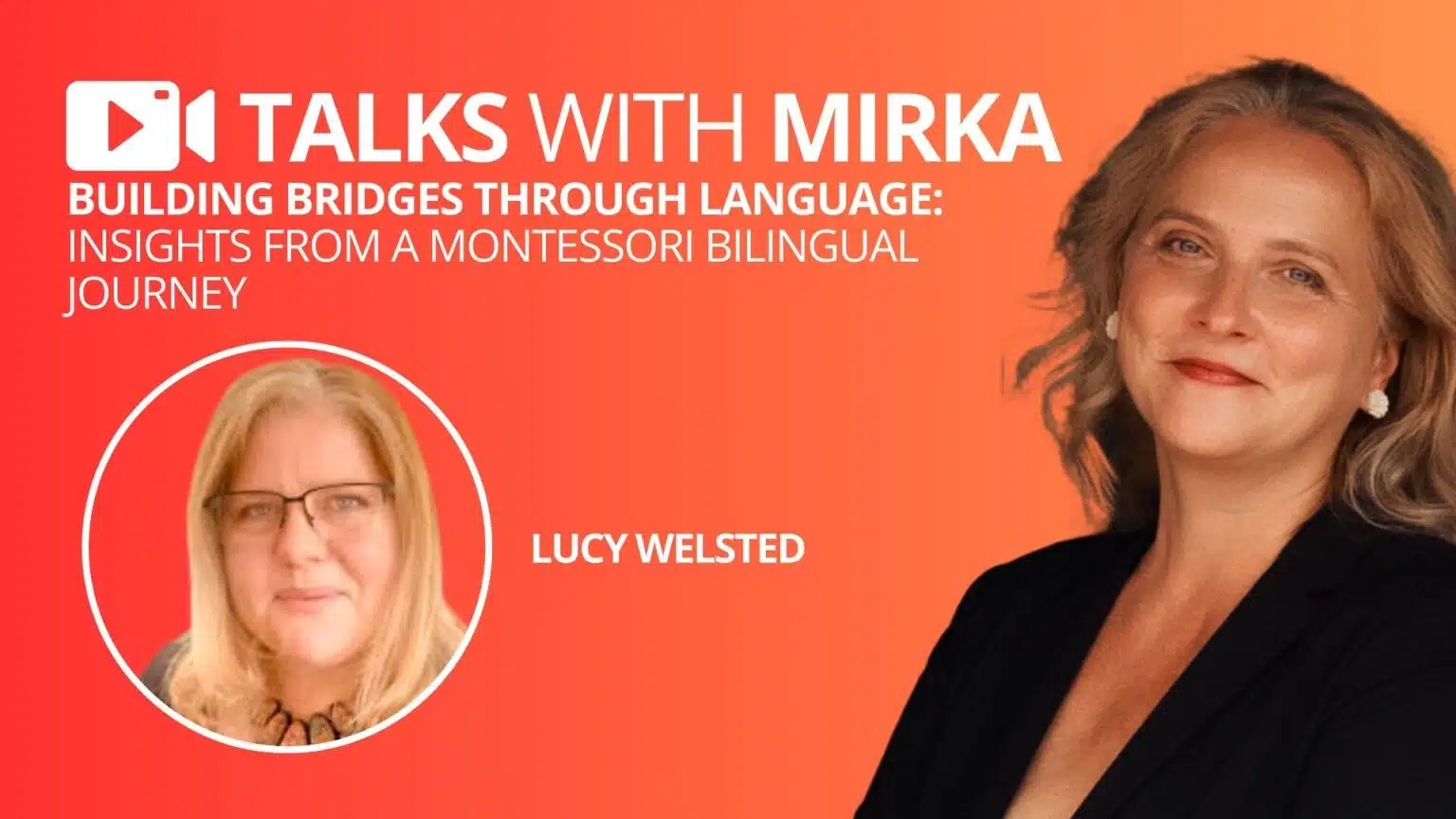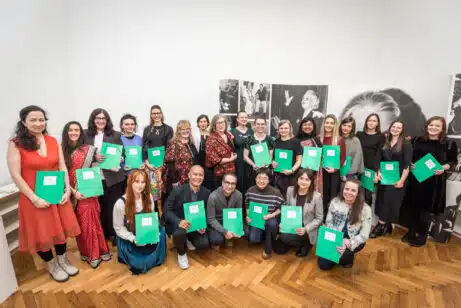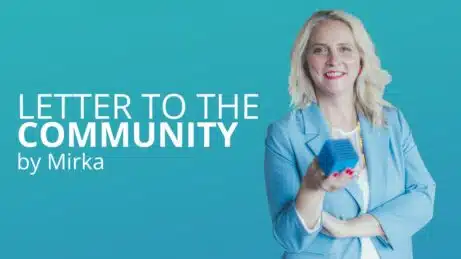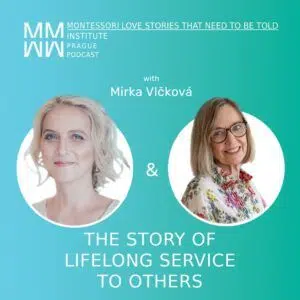Building Bridges Through Language: Insights from a Montessori Bilingual Journey

Lucy Welsted, head of an international Montessori school in Cordoba, Spain, shared her inspiring journey of creating a thriving bilingual program in a recent Talk with Mirka. From its initial challenges to becoming a model of multilingual education, Lucy’s experience offers valuable insights for educators and administrators alike.
Why Bilingual Education?
Bilingual education is more than teaching children a second language; it’s about expanding their cultural horizons, fostering adaptability, and nurturing global citizenship. For Lucy, introducing a bilingual program meant balancing the Montessori philosophy with the complexities of language acquisition.
“A bilingual program impacts every aspect of school culture,” Lucy explained, emphasizing the importance of holistic planning and team alignment.
Overcoming Challenges Together
Lucy highlighted common hurdles in establishing a bilingual program:
- Engaging Children: Learning a new language can feel daunting, especially for young learners. Building trust and connection with language guides is essential.
- Cultural Integration: Language specialists must align with the school’s values and community.
- Extended Learning Time: Balancing the increased time needed for language learning with other enriching activities is a challenge schools must address.
Despite these difficulties, Lucy underscored the importance of collaboration and reflection, noting that every school’s journey is unique.
A Resource for the Journey: The Field Guide
Lucy is one of the contributors to the Field Guide for Bilingual Montessori Education, a resource developed over three years of research and collaboration. This guide provides:
- Practical tips for creating a child-centered bilingual program.
- Questions to help schools tailor their approach to their specific context.
- Insights applicable beyond Montessori, making it valuable for any child-centered educational framework.
“We want others to learn from our mistakes and successes,” Lucy said, emphasizing the guide’s aim to support educators globally.

Join the Conversation in Prague
Lucy’s insights are just the beginning. The upcoming International Conference: Building Bilingual Programs. It takes place in Prague (January 17–19, 2025) and will bring together experts, educators, and researchers to explore bilingual education’s future. Keynote speakers include Dr. Marikay McCabe and Birgitta Berger, leaders in multilingual education and language acquisition.
For those ready to embark on their bilingual journey—or refine their current program—the conference is an invaluable opportunity to connect and learn.
Related resources:
- Building Bilingual Programs Conference – taking place in Prague, January 17-19, 2025
Courses and programs on bilingual education and second language acquisition we hold:
- Second Language Materials that Work – mentoring program with Lucie Urbancikova
- Foreign Language Learning in a Montessori 6-12 Classroom – foundational course with Jana Winnefeld




